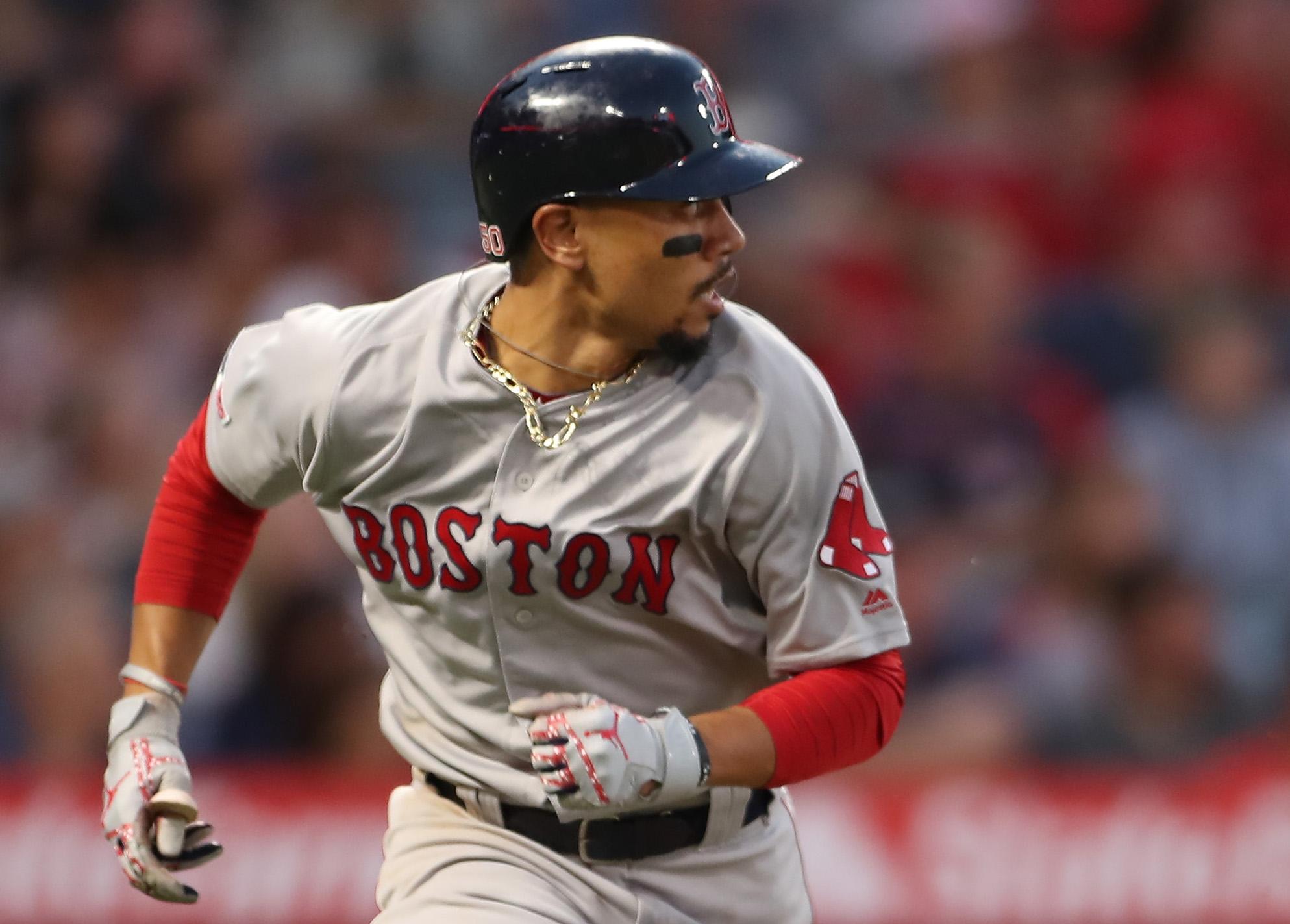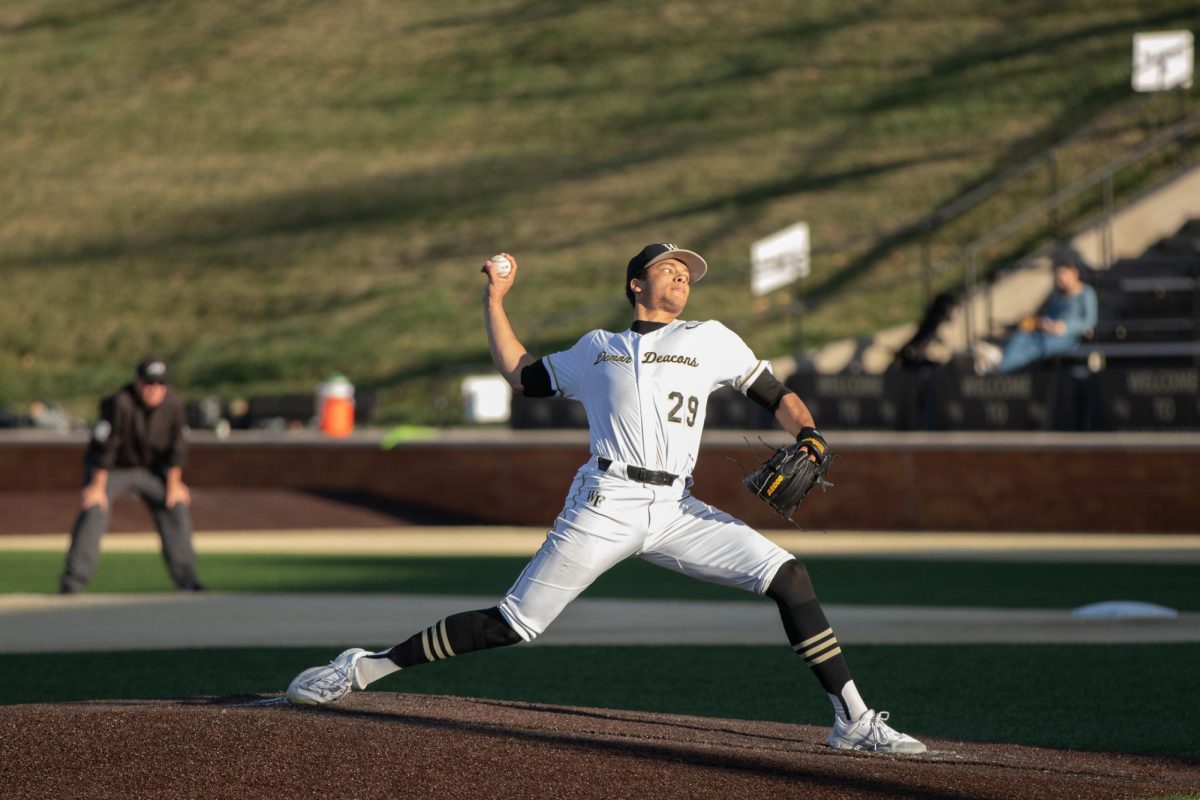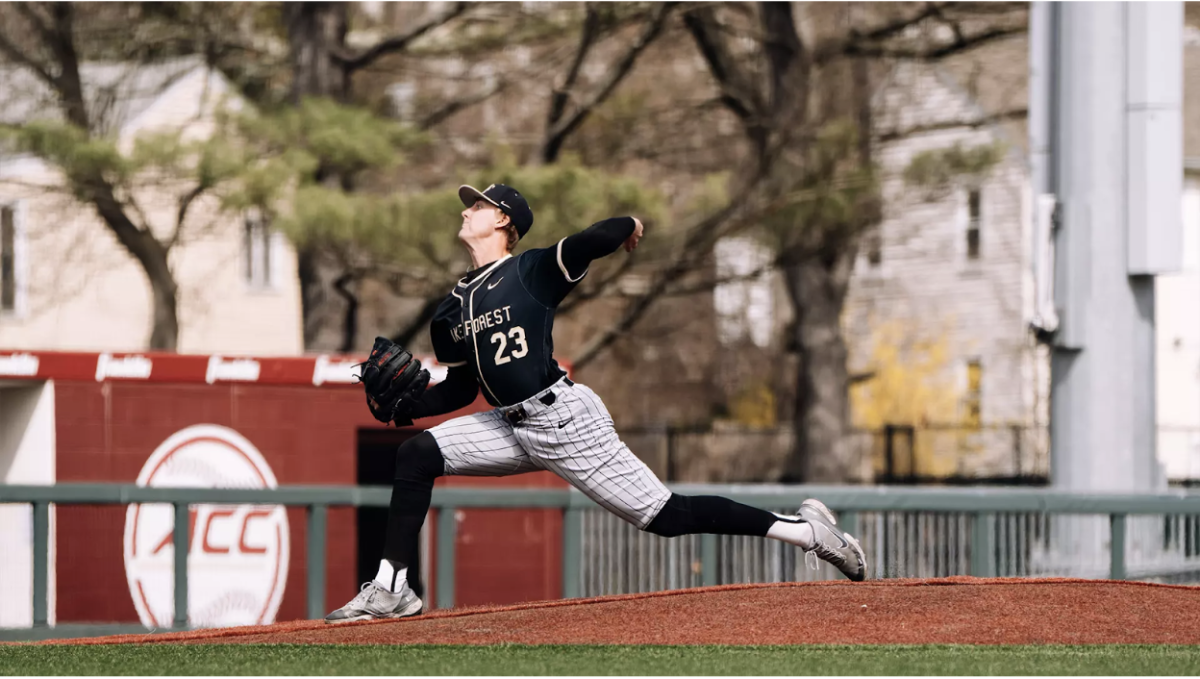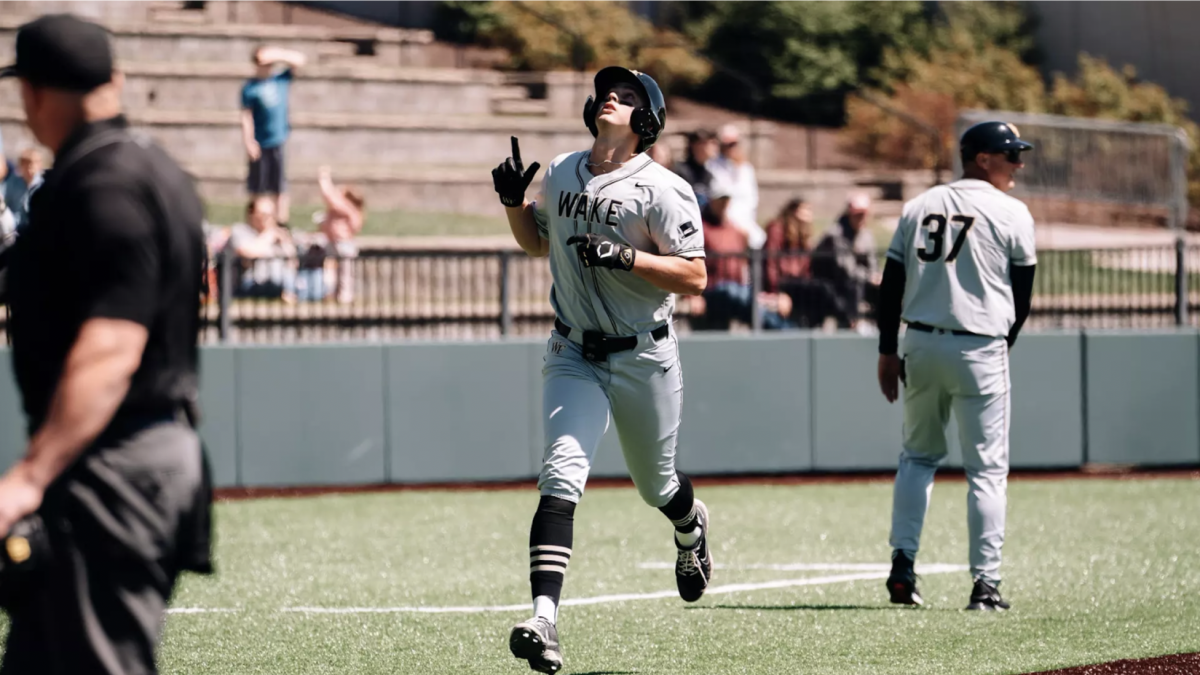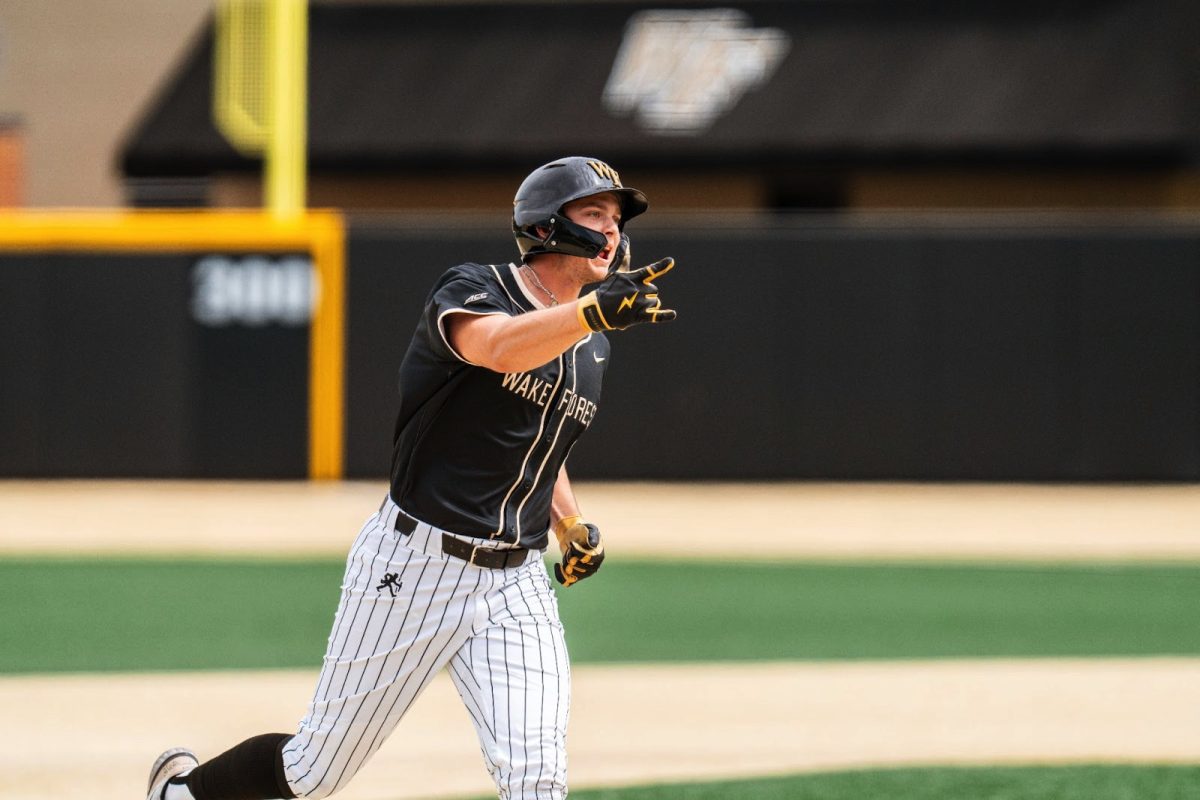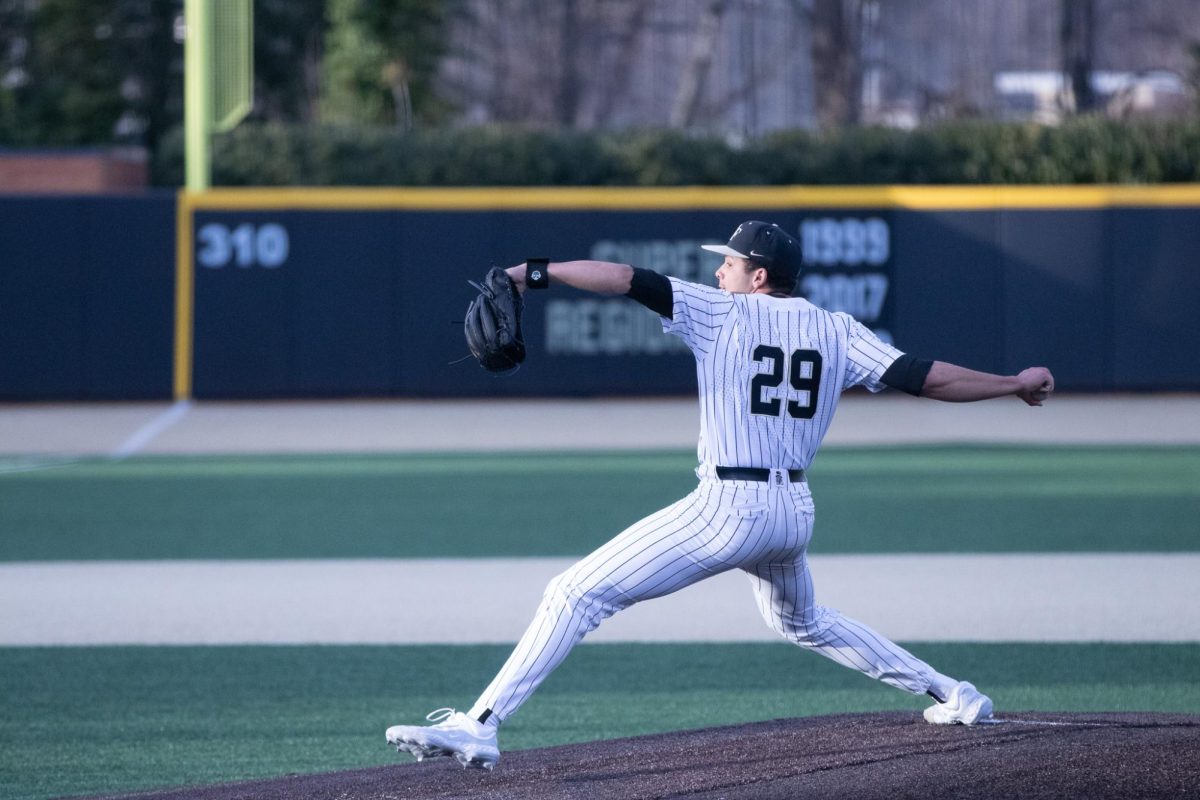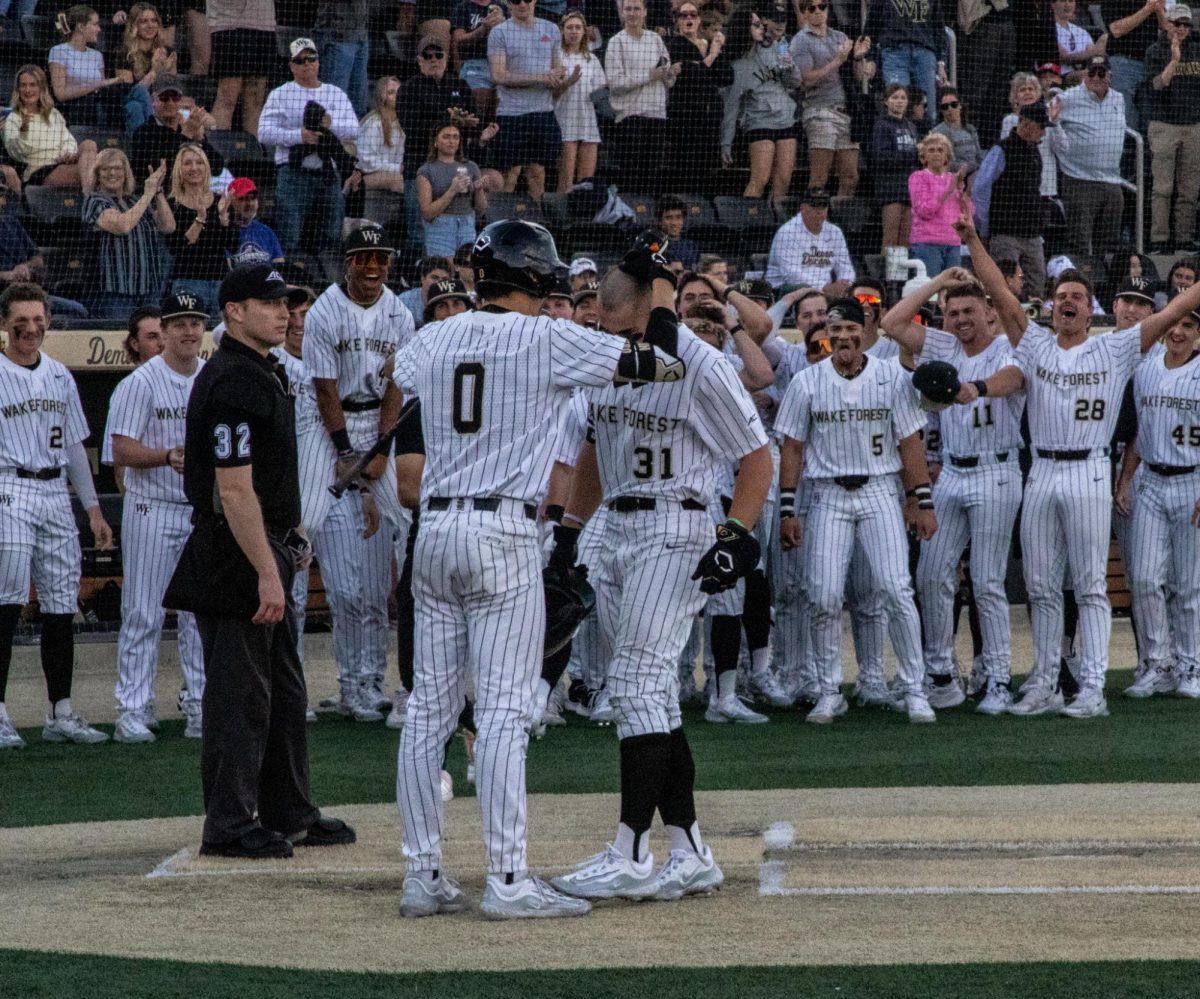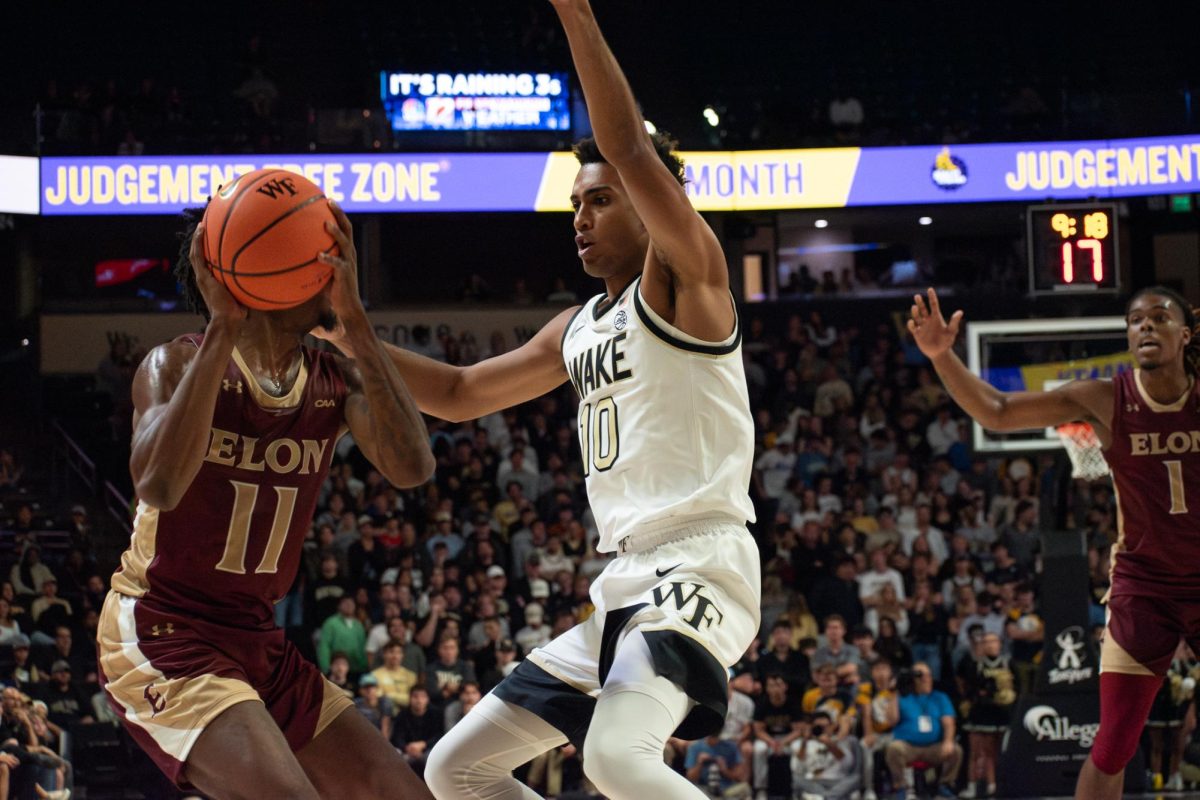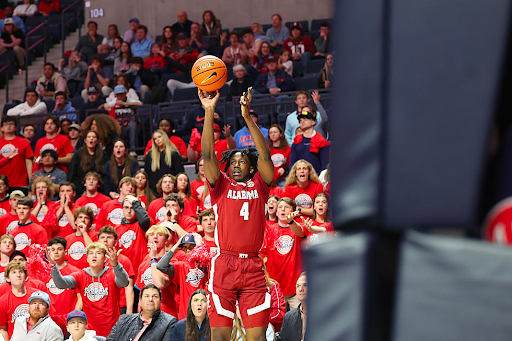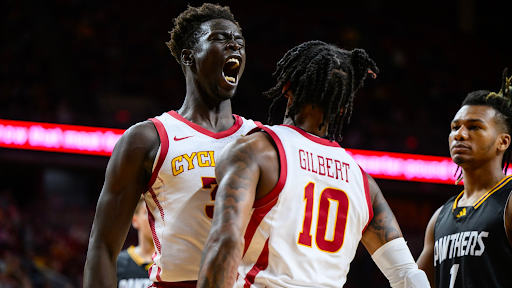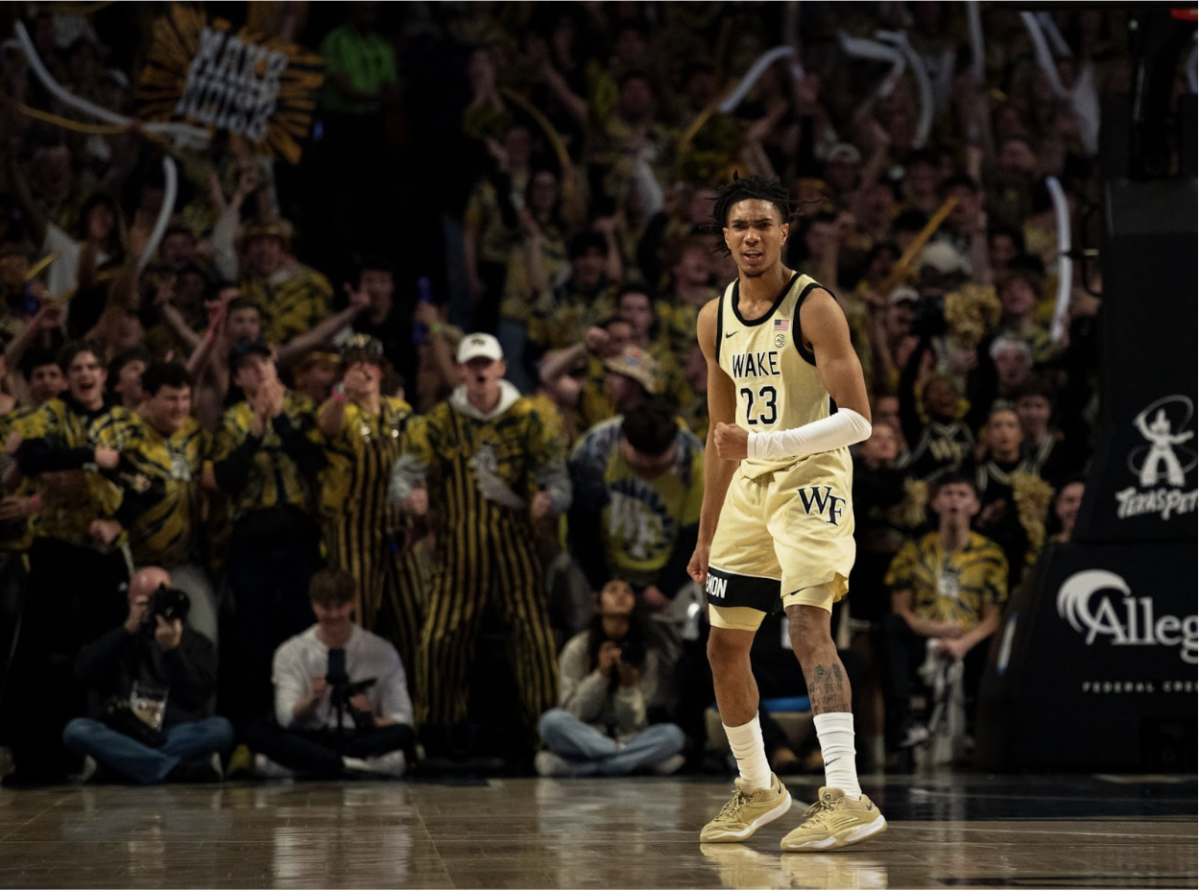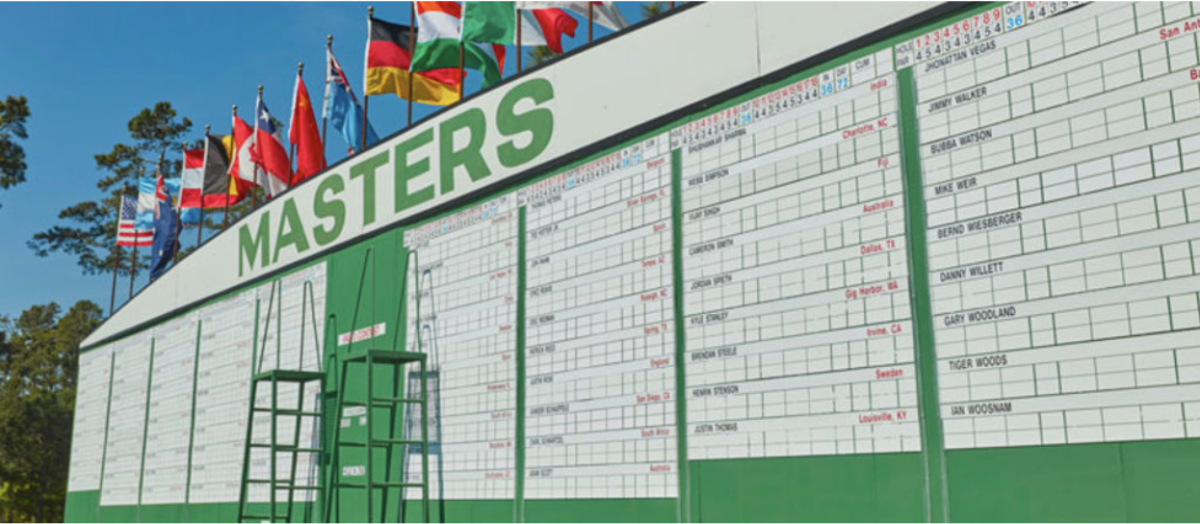As pitchers and catchers begin to report to spring training, several new faces will be arriving at camp for the Red Sox, Dodgers and Twins. After a week of renegotiation and concern that trade talks would collapse, these three teams finally reached terms on a deal that sent Mookie Betts from Boston to Los Angeles.
In summary, the Dodgers received Mookie Betts and David Price from Boston plus Brusdar Graterol, Luke Raley and a draft pick from Minnesota. The Dodgers sent Alex Verdugo, Jeter Downs and Connor Wong to Boston and both Kenta Maeda and Jair Camargo to Minnesota.
For the Dodgers and Red Sox, the trade signaled the intentions of each organization for the upcoming season. The Dodgers, who fell short in the 2017 and 2018 World Series, are pushing in all of their chips in hopes of capturing their first title since 1988. Since 2013, the Dodgers have been a regular-season dynasty, winning the NL West for seven consecutive seasons. The only thing missing from their extended stretch of dominance is a World Series.
The Red Sox, on the other hand, appear to be taking a step back after the disappointing 2019 that followed their 2018 championship season. Betts, who is only under contract for 2020, is the only position player in baseball capable of rivaling Mike Trout’s production, but the Red Sox saw him as a luxury they no longer needed.
By pairing Betts and Price in a trade, the Red Sox moved a significant sum of money off their books and are now comfortably below the competitive balance tax threshold, which will allow them to reset their tax penalties and return to exorbitant spending in the near future. Of course, for fans, ownership’s profit margins are rarely a primary area of interest, and losing an arguably once-in-a-generation player in Betts came as a serious disappointment for the Boston faithful.
Betts took a step back from his 10.4 fWAR 2018 season, but even when Betts takes a step back, he still performs like one of the game’s best. In 2019, he was worth 6.6 fWAR, good for fifth in the American League, and his K% and BB% actually improved, suggesting that there was no underlying problem with his approach at the plate.
With the addition of Betts, the Dodgers will be even more of an offensive juggernaut, and Price could provide some much-needed rotation depth after the departure of Hyun-Jin Ryu. The Red Sox package was relatively modest, but Verdugo will replace a portion of Betts’ outfield production, and Downs could develop into a quality big-league infield starter.
The Twins, more or less an afterthought in this deal, will benefit from the addition of Maeda, as their rotation was their greatest weakness in 2019. Graterol, one of the Twins’ higher-level pitching prospects, projects to land in the Dodgers’ bullpen, and the Twins needed major-league-caliber starting pitching more than high-upside relief pitching.
Though the deal highlights some of baseball’s frustrating economic realities, and spending cuts for the sake of profit are never something to be celebrated in MLB, the Red Sox and Dodgers will each come out on the other side of this deal closer to meeting their organizational goals.

